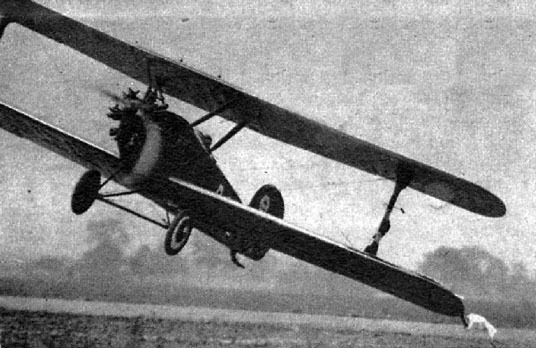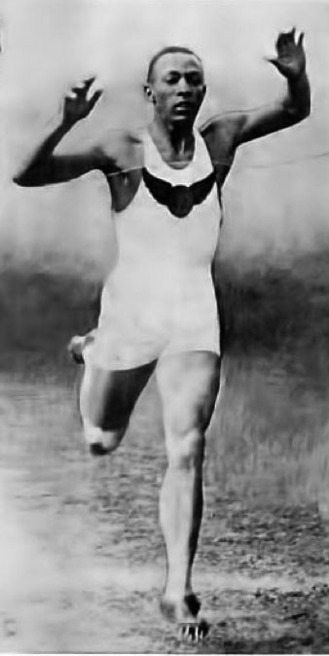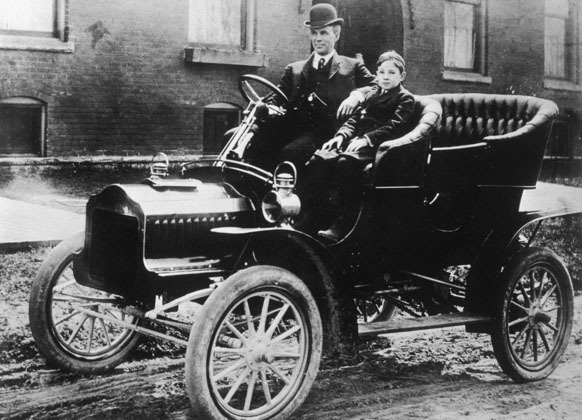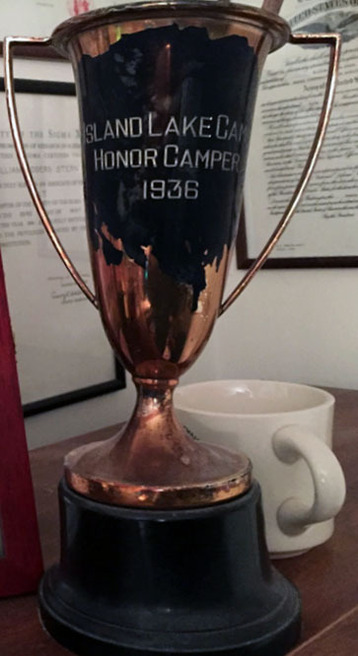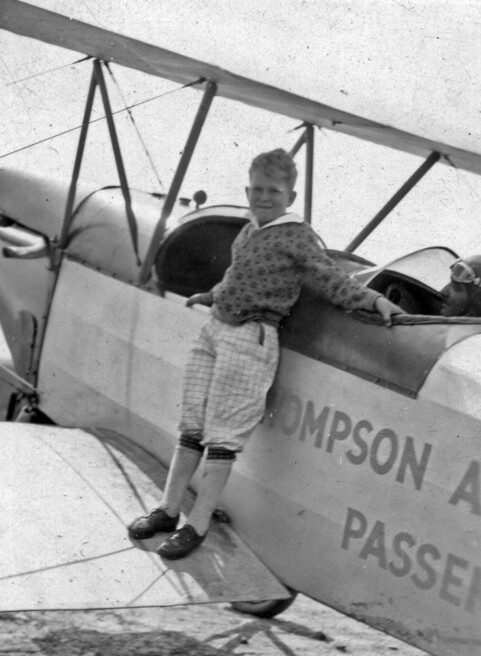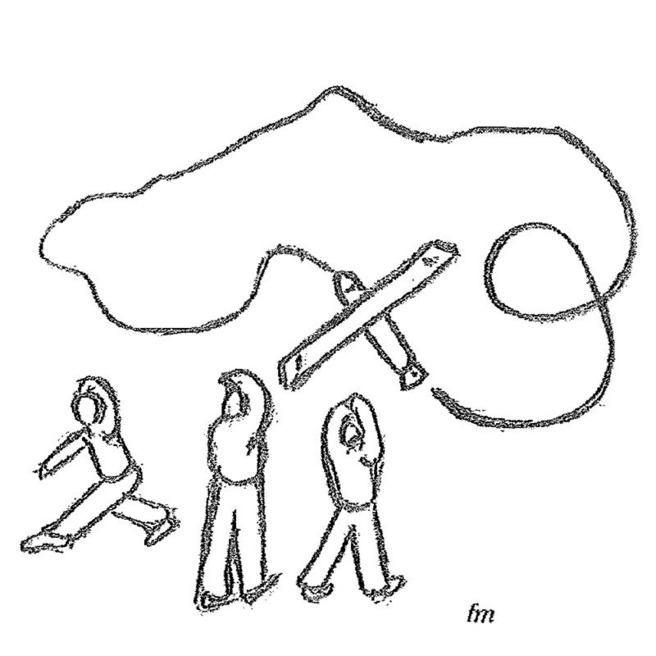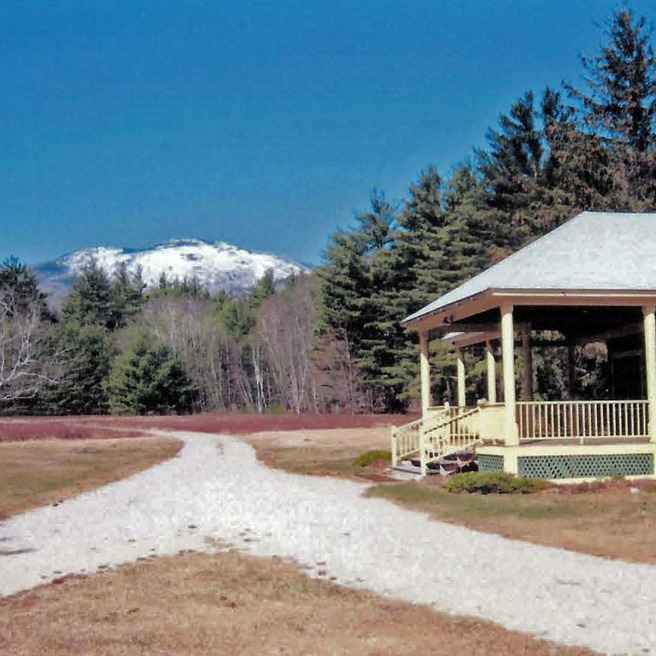At age 20, I was in my senior year as an undergraduate student at MIT. We knew that the World was in trouble and that probably the USA would soon have to get involved. MIT offered Reserve Officer Training Corps (ROTC), and I had elected to continue with the advanced military training program leading to receiving a commission as Second Lieutenant in the Army of the United States upon my graduation the next spring. The ROTC program included an honorary military society, Scabbard and Blade, and I was invited to join. The initiation program started early in the week with various doings on Campus, and concluded with the events I am about to relate.
November 11 was then celebrated as Armistice Day, in recognition of the end of World War I (after WWII it was renamed Veterans Day). On November 10, we were given backpacks, old rifles, and old WWI helmets, told to dress warmly and wear strong boots for a long hike. Late in the afternoon we all convened at the Hartwell Tavern, an historic inn in the Lexington historical area, and had a congenial dinner and a rousing program, and then late in the evening each of the initiates were driven separately out into the countryside about seven miles from the North Bridge, given a rough map of the area, and were told to be at the Bridge before dawn for the final acceptance into the Society. If we did not show up, we would not be initiated. Members of the Society would patrol the roads in automobiles, and whenever they caught one of us that person would be penalized by being driven back one mile.
So now there I am, alone, hiking down deserted country roads in the early hours of the cold November morning, wearing my helmet and lugging that heavy rifle, wary of any approaching vehicle, hiding behind a tree or in back of a rock wall whenever an auto would pass. After several hours I trudged by the Concord prison, where their bloodhounds sensed me passing by and howled loudly, sending shivers down my spine!
Eventually I found my way to the bridge, along with the other fellows, just before sunrise. The cold air over the river had condensed the water vapor over the river surface, making a dense fog, so the whole bridge area was in a cloud of mist It was as if we were in another world!
But as the sun rose, the sunlight dissipated the fog, and lo, here we were on this historic bridge on the Concord River, a symbol of our patriot forefathers' determination to be free. And the Colonel proceeded with the ceremony and we were now members.
Three score years have passed since then. I have studied the battle of Lexington-Concord and I have visited the Bridge many times. Each time I visit the Bridge I can visualize the struggle of the British soldiers and the local Minutemen, and I can hear their gunshots and sounds of battle, and 1 get a lump in my throat and a bit teary-eyed. I give homage to those who died here that April l9th, 1775, and to all those Minutemen who stood on principle that tragic day and started us on the long and bloody road to our freedom as the United States of America.
Yes, I remember it well.


